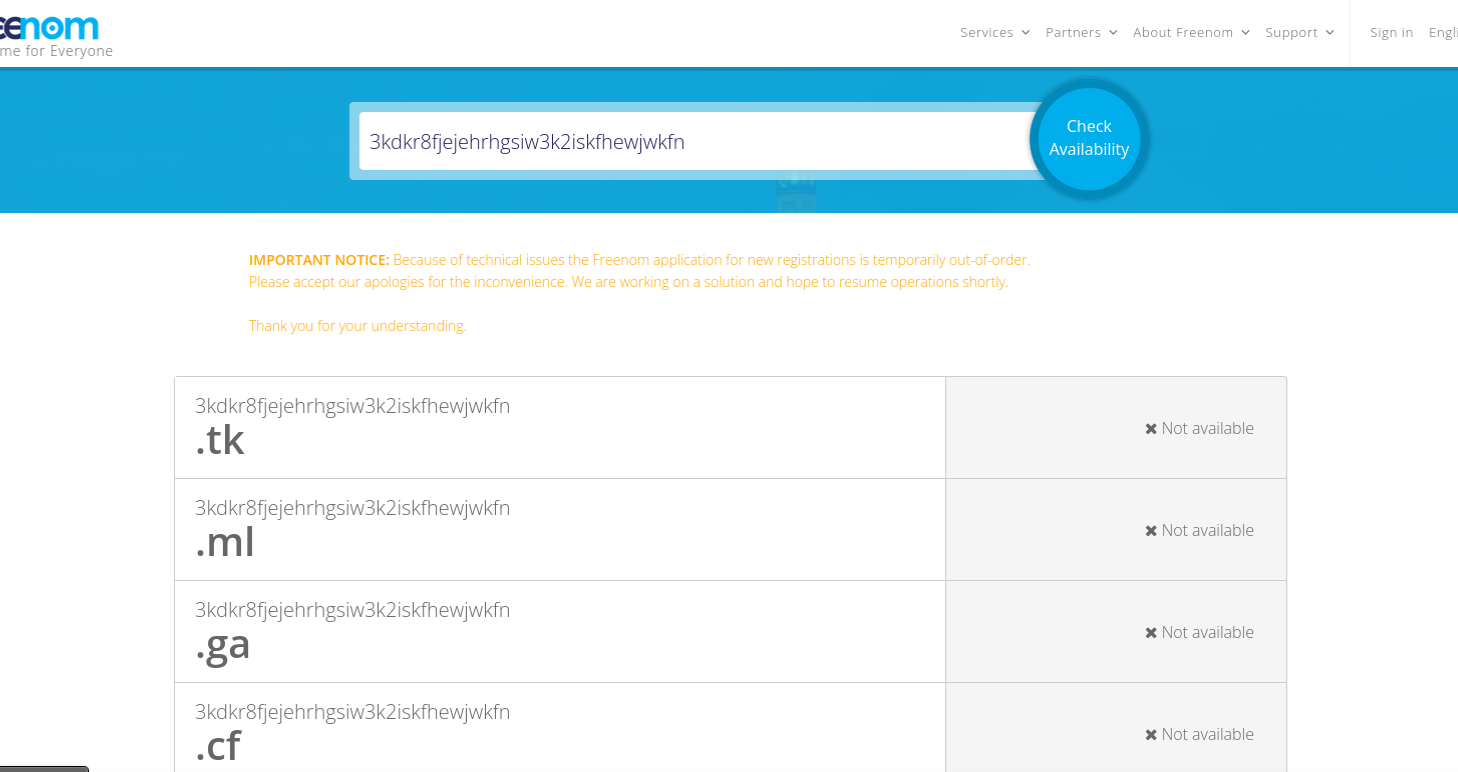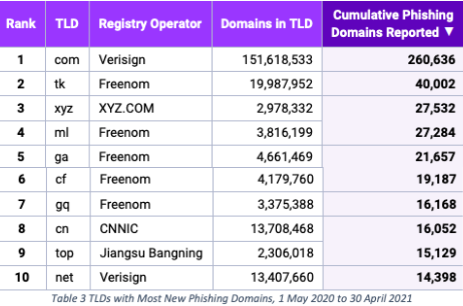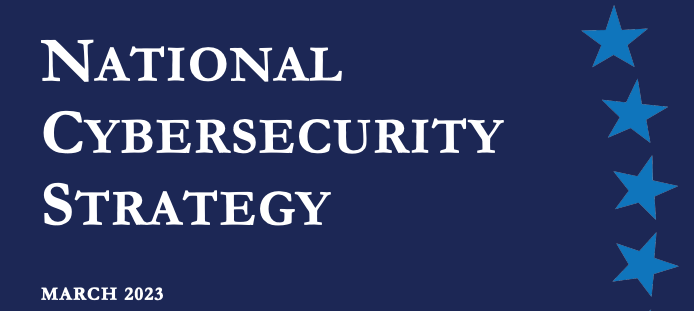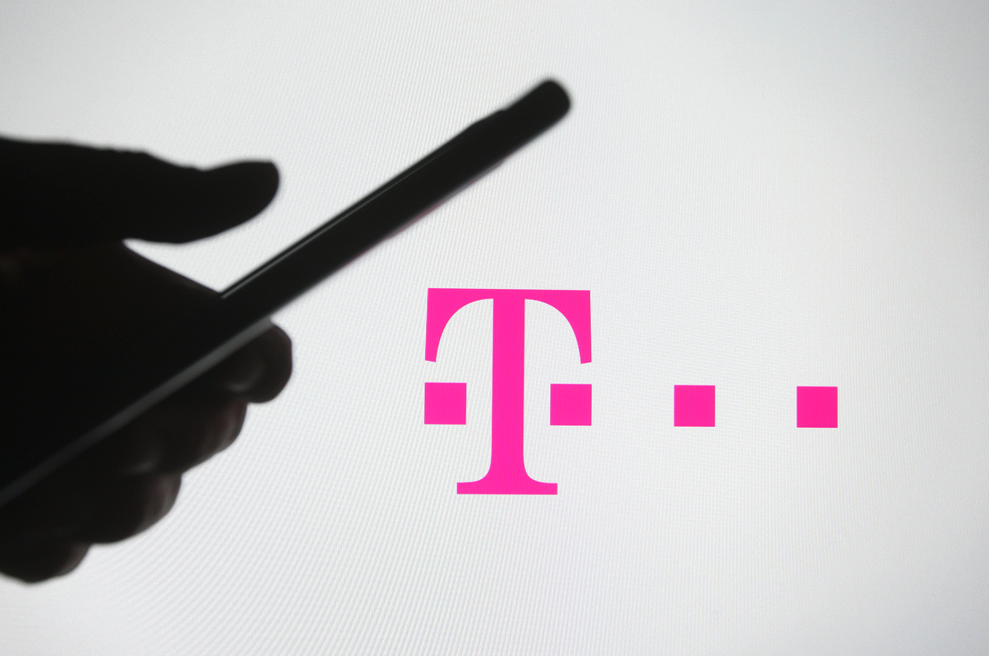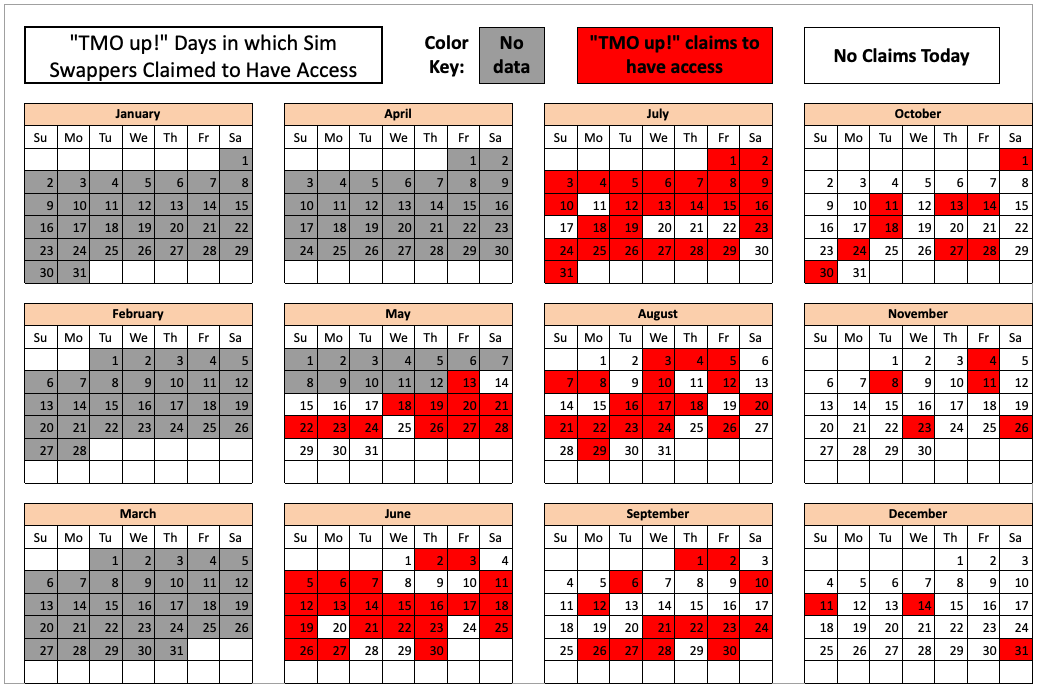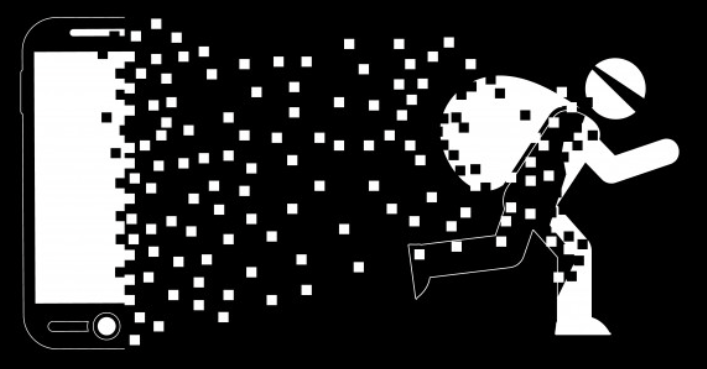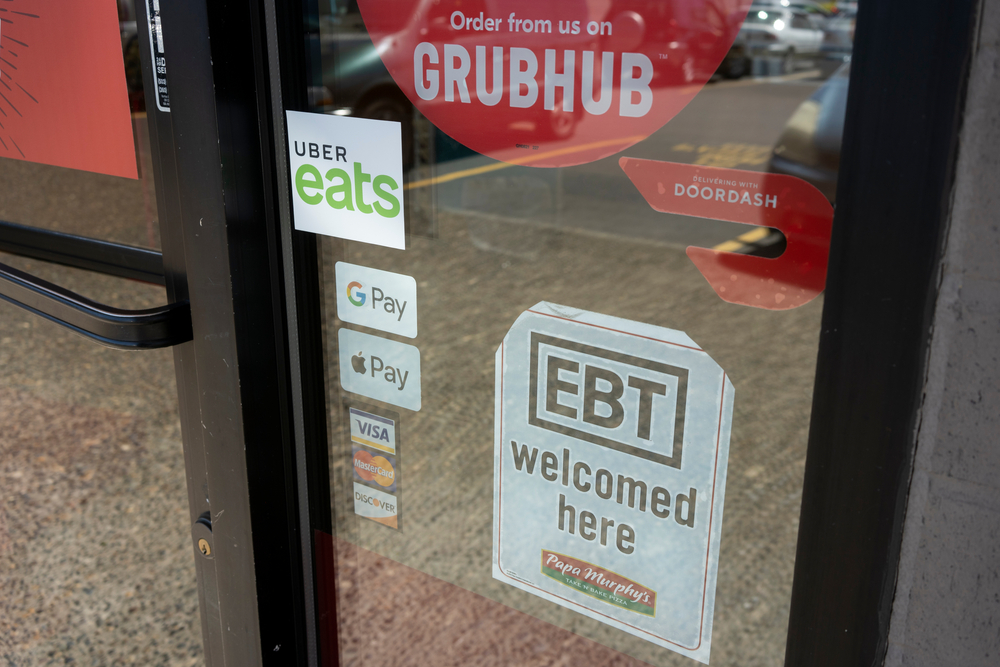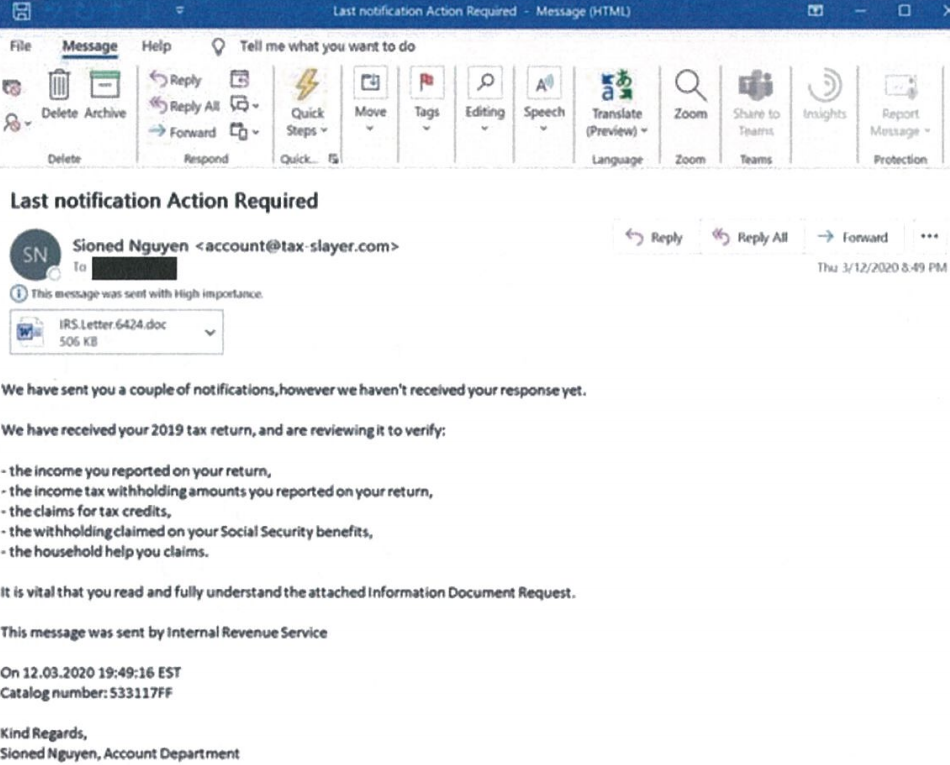A Croatian national has been arrested for allegedly operating NetWire, a Remote Access Trojan (RAT) marketed on cybercrime forums since 2012 as a stealthy way to spy on infected systems and siphon passwords. The arrest coincided with a seizure of the NetWire sales website by the U.S. Federal Bureau of Investigation (FBI). While the defendant in this case hasn’t yet been named publicly, the NetWire website has been leaking information about the likely true identity and location of its owner for the past 11 years.
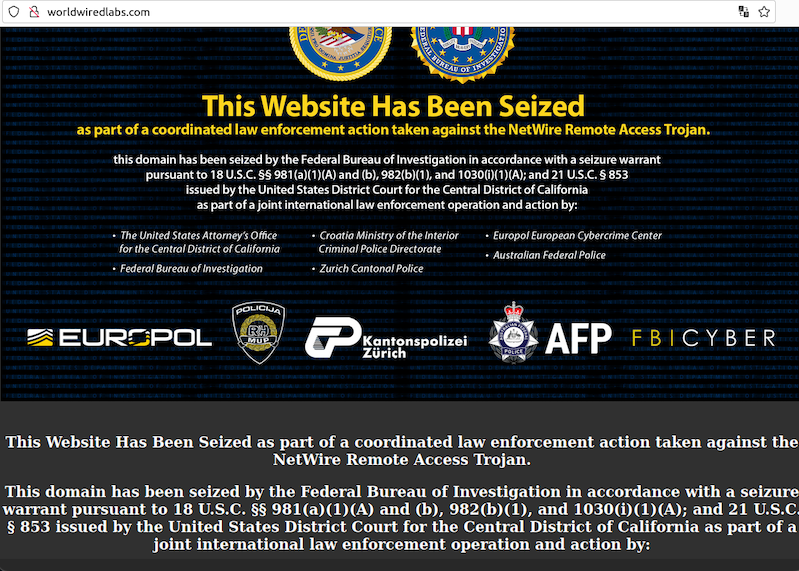
Typically installed by booby-trapped Microsoft Office documents and distributed via email, NetWire is a multi-platform threat that is capable of targeting not only Microsoft Windows machines but also Android, Linux and Mac systems.
NetWire’s reliability and relatively low cost ($80-$140 depending on features) has made it an extremely popular RAT on the cybercrime forums for years, and NetWire infections consistently rank among the top 10 most active RATs in use.
NetWire has been sold openly on the same website since 2012: worldwiredlabs[.]com. That website now features a seizure notice from the U.S. Department of Justice (DOJ), which says the domain was taken as part of “a coordinated law enforcement action taken against the NetWire Remote Access Trojan.”
“As part of this week’s law enforcement action, authorities in Croatia on Tuesday arrested a Croatian national who allegedly was the administrator of the website,” reads a statement by the DOJ today. “This defendant will be prosecuted by Croatian authorities. Additionally, law enforcement in Switzerland on Tuesday seized the computer server hosting the NetWire RAT infrastructure.”
Neither the DOJ’s statement nor a press release on the operation published by Croatian authorities mentioned the name of the accused. But it’s fairly remarkable that it has taken so long for authorities in the United States and elsewhere to move against NetWire and its alleged proprietor, given that the RAT’s author apparently did very little to hide his real-life identity.
The WorldWiredLabs website first came online in February 2012 using a dedicated host with no other domains. The site’s true WHOIS registration records have always been hidden by privacy protection services, but there are plenty of clues in historical Domain Name System (DNS) records for WorldWiredLabs that point in the same direction.
In October 2012, the WorldWiredLabs domain moved to another dedicated server at the Internet address 198.91.90.7, which was home to just one other domain: printschoolmedia[.]org, also registered in 2012.
According to DomainTools.com, printschoolmedia[.]org was registered to a Mario Zanko in Zapresic, Croatia, and to the email address zankomario@gmail.com. DomainTools further shows this email address was used to register one other domain in 2012: wwlabshosting[.]com, also registered to Mario Zanko from Croatia.
A review of DNS records for both printschoolmedia[.]org and wwlabshosting[.]com shows that while these domains were online they both used the DNS name server ns1.worldwiredlabs[.]com. No other domains have been recorded using that same name server.

The WorldWiredLabs website, in 2013. Source: Archive.org.
DNS records for worldwiredlabs[.]com also show the site forwarded incoming email to the address tommaloney@ruggedinbox.com. Constella Intelligence, a service that indexes information exposed by public database leaks, shows this email address was used to register an account at the clothing retailer romwe.com, using the password “123456xx.”
Running a reverse search on this password in Constella Intelligence shows there are more than 450 email addresses known to have used this credential, and two of those are zankomario@gmail.com and zankomario@yahoo.com.




